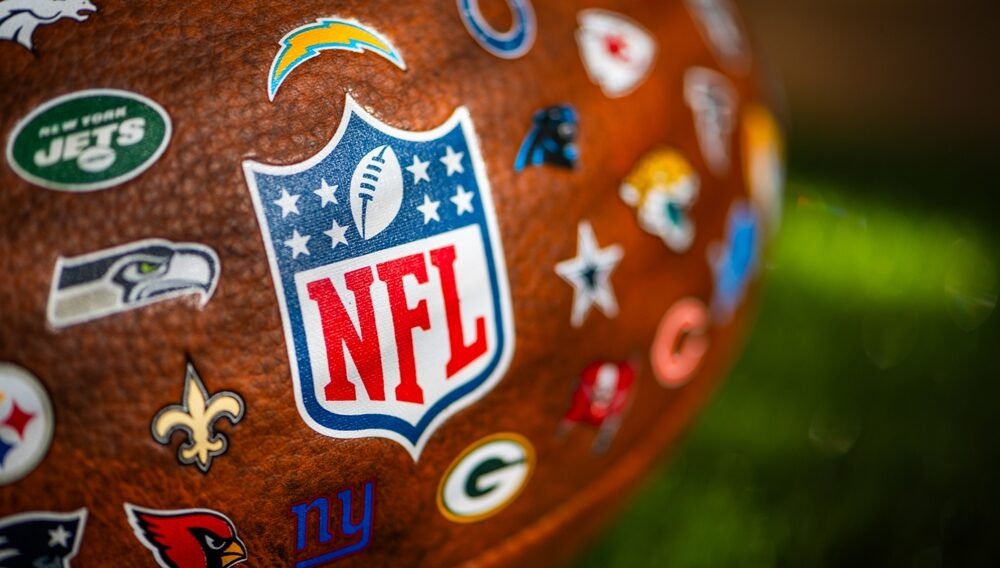Kalshi’s NFL Odds Were Significantly Worse Than Traditional Sportsbooks in Week 1
A new analysis from Citizens JMP Securities has found that the prediction market platform Kalshi offered consistently worse pricing on NFL games during the opening week of the season compared to major traditional sportsbooks like DraftKings and FanDuel. The report suggests that, at least for now, the competitive threat posed by prediction markets to established U.S. sports betting operators may be minimal, particularly in states where both products are legally available.

A Dive into the Data
The analysis, led by Citizens Equity Research analyst Jordan Bender, tracked the pricing on both moneyline and over/under markets for the NFL’s opening weekend. The data revealed a clear and consistent pricing disadvantage on the Kalshi platform.
- On the Friday before the games, Kalshi’s pricing was 10% more expensive on moneylines and 25% more expensive on over/unders compared to DraftKings. The disparity was even greater when compared to FanDuel, with Kalshi’s prices being 16% and 23% more expensive, respectively.
- Even as the markets tightened closer to kickoff on Sunday, the pricing gap remained significant. Kalshi’s prices were still, on average, 7% more expensive on moneylines and 10% more expensive on over/unders compared to both of the major sportsbooks.
The Culprit: Transaction Fees
The report attributes this pricing inferiority directly to Kalshi’s fee structure. Unlike traditional sportsbooks, which build their profit margin (the “vig”) directly into the odds, prediction markets like Kalshi charge a separate transaction fee on each trade.
While institutional traders and market makers may receive more favorable terms to encourage liquidity, the average retail customer on Kalshi pays a transaction fee that, according to the analysis, makes the all-in cost of a wager significantly higher than what is available at a traditional sportsbook.
The findings directly contradict a common narrative in the gaming industry. The prevailing wisdom has been that the exchange model, by removing the sportsbook as a counterparty and simply facilitating trades between users, would naturally lead to more efficient and favorable pricing.
“Despite some in the industry pushing the notion exchanges have better pricing, this is currently not true for the average consumer according to the data we tracked,” Bender wrote in the report.
Minimal Competitive Threat… For Now
Based on these findings, Citizens concluded that prediction markets do not currently pose a significant competitive threat to the profitability of established operators in states where sports betting is legal.
The report also pointed to other areas where Kalshi’s product currently lags behind traditional sportsbooks, including its user interface and the utility of its cash-out feature. Without the ability to build parlays, the primary use case for the early cash-out function is less valuable on the Kalshi platform.
Looking ahead, Bender suggested that as Kalshi begins to roll out more complex products like parlays, the pricing disadvantage could become even more pronounced due to the collateral requirements for market makers. The analysis provides a new and data-driven perspective on the “prediction wars,” suggesting that while the new platforms are a significant innovation, they still have a long way to go to truly compete with the established U.S. sports betting giants on the core metric of price.
Recommended
